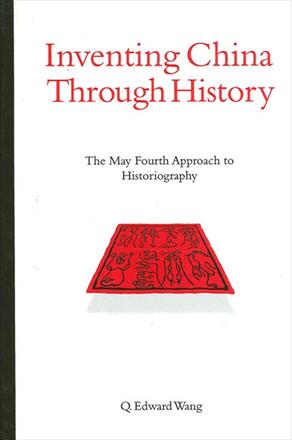
Inventing China through History
The May Fourth Approach to Historiography
Alternative formats available from:
A critical examination of the rise of national history in early-twentieth-century China.
Description
This book describes the rise of national history in early-twentieth-century China. It studies the careers of a group of liberal historians including well-known figures such as Liang Qichao and Hu Shi and lesser known figures such as He Bingsong, Fu Sinian, Yao Congwu, and Chen Yinke. Buoyed by the quest for "Mr. Science" and "Mr. Democracy" during the May Fourth Movement of 1919, these historians searched for a scientific presentation of China's national past, inspired by the Western and Japanese practice of scientific history. Their efforts to bridge the perceived gap between tradition and modernity, native and foreign, past and present, created a new, scientific model of history in China. The book also discusses the significance of this historiographical experience in late-twentieth-century China and Taiwan.
Q. Edward Wang is Associate Professor and Chair of the History Department at Rowan University.
Reviews
"Wang is successful in bringing out the possibilities offered by liberal historiography in re-linking the past and the present in the formulation of a Chinese modernity. " — Journal of Oriental Studies
"This book performs an important service to scholars and students interested in the intellectual culture of the first half of the twentieth century in general, and of the May Fourth Movement in particular. It offers a detailed and focused look at the development and evolution of the discipline of history and the ideological and political corollary, thus filling a lacuna in the existing historiography on the intellectual history of the May Fourth and Republic periods. " — On-cho Ng, coeditor of Imagining Boundaries: Changing Confucian Doctrines, Texts, and Hermeneutics
"Wang's smoothly written book re-presents the rich heritage of professional historiography in twentieth-century China that has long been ignored by scholars interested in China's volatile and exciting political revolutions. Wang not only narrates the major trends of a large sweep of professional historiography in a digestible manner, but also offers a clear and compelling historical interpretation of this data. " — Timothy Cheek, author of Propaganda and Culture in Mao's China: Deng Tuo and the Intelligentsia